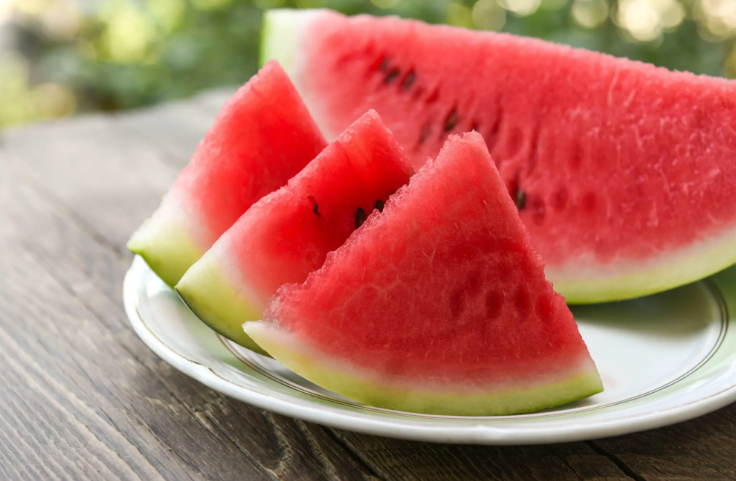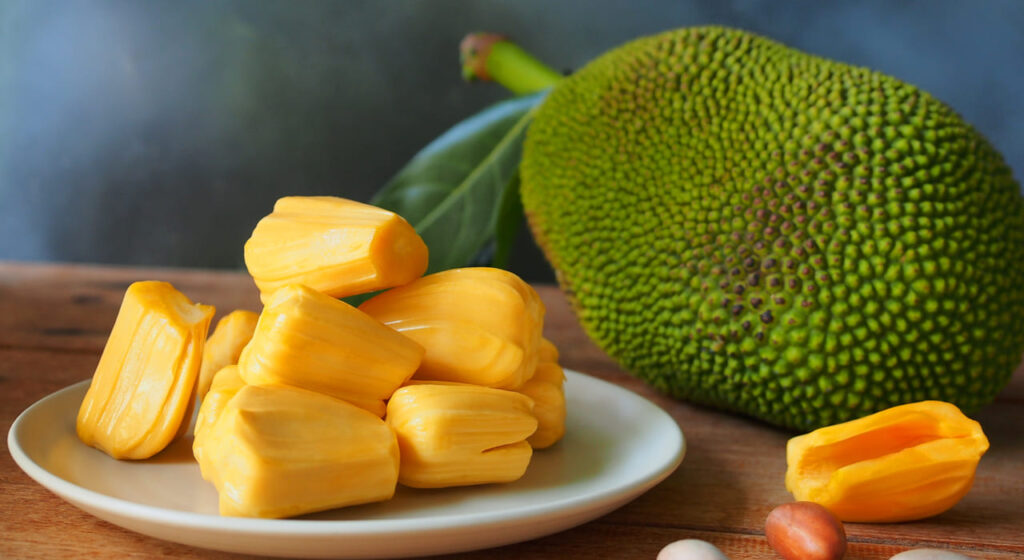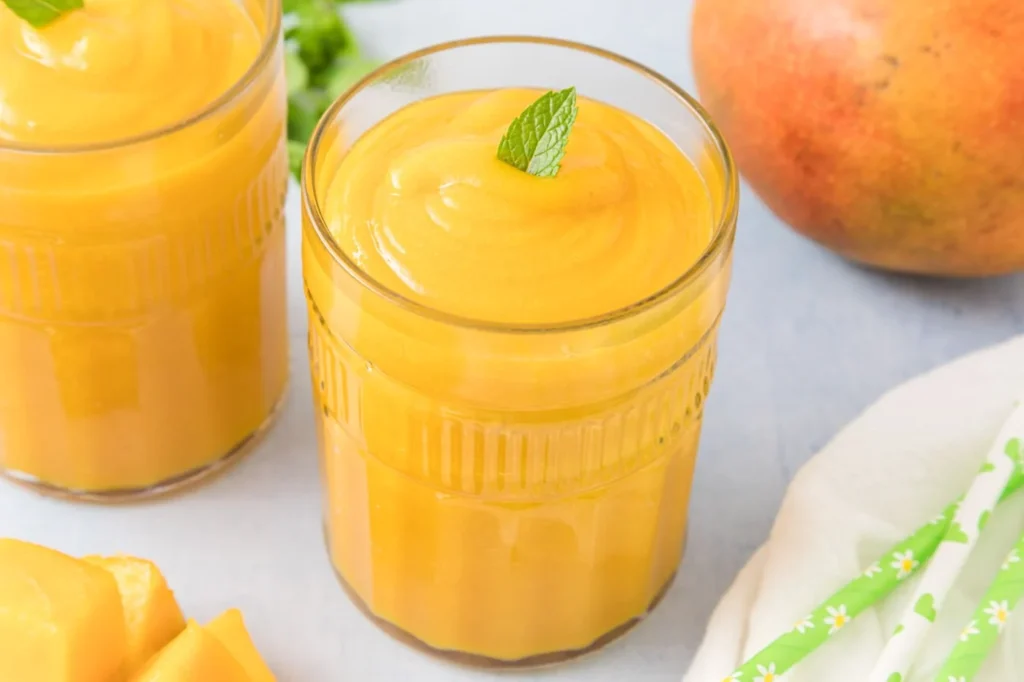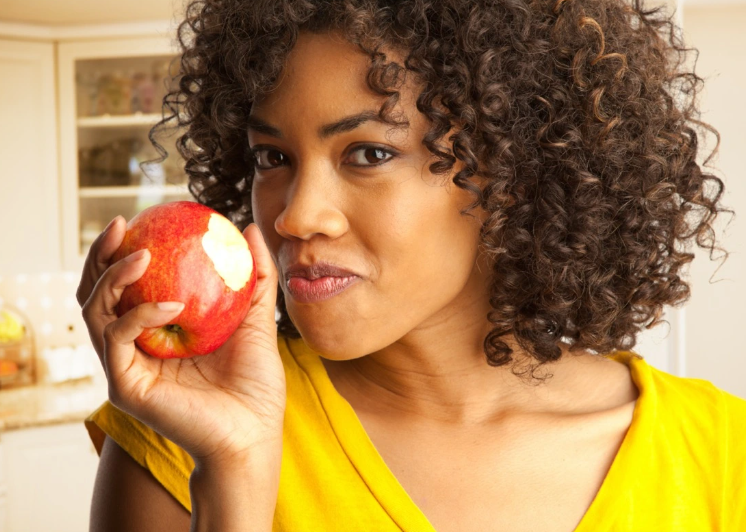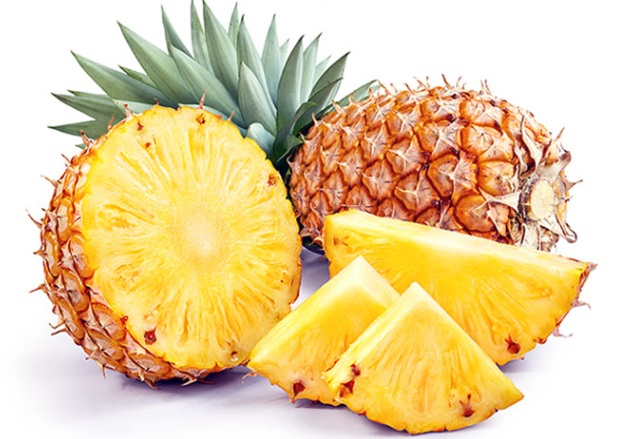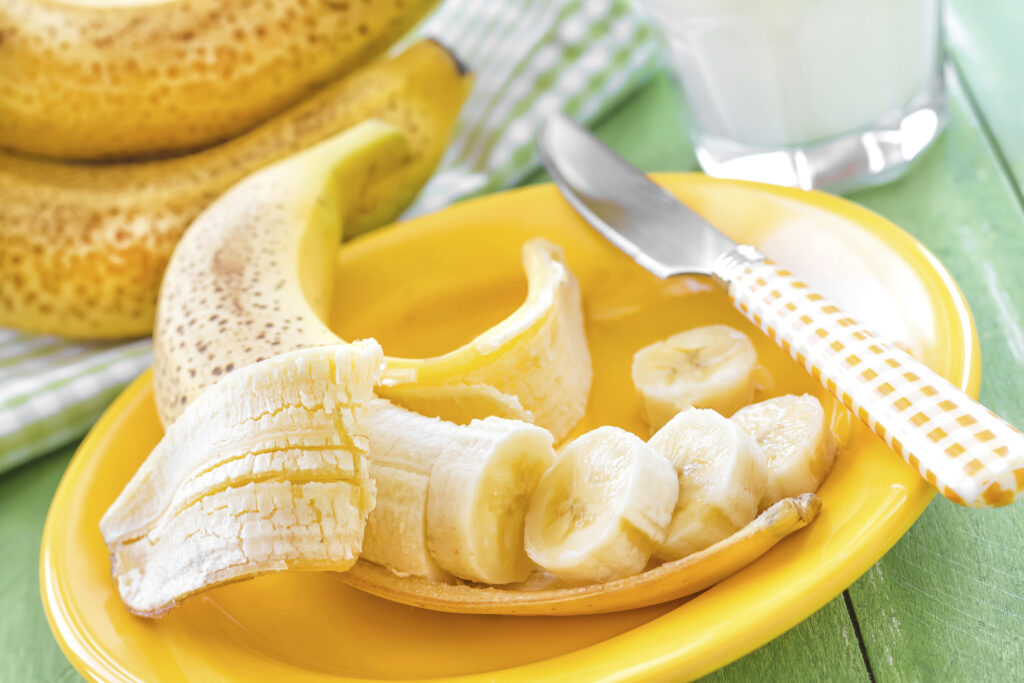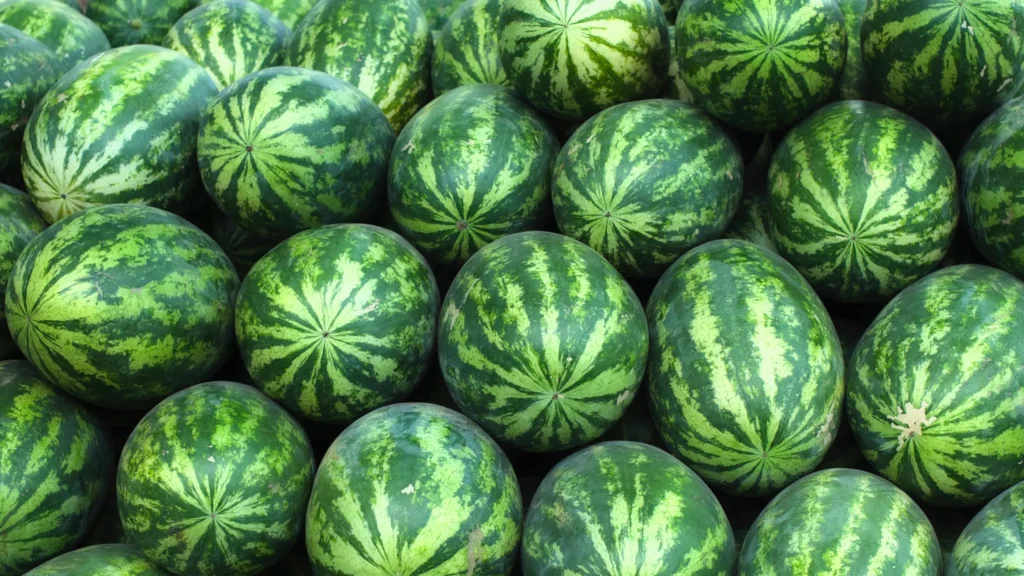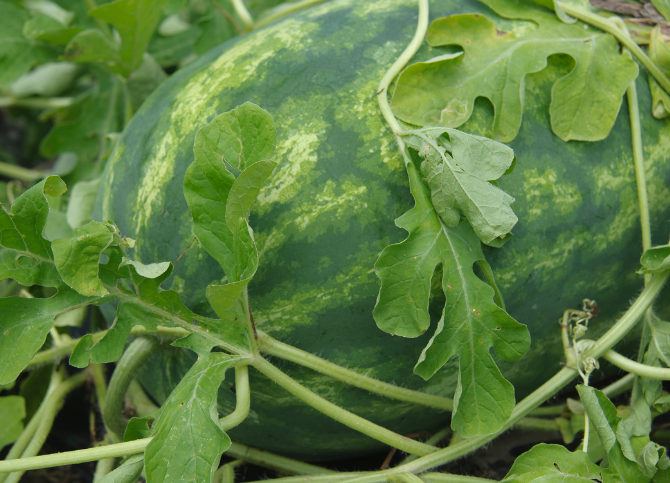More and more people are loving fruit teas these days. They taste great and might also be good for your health. Tea lovers and those who watch out for their health really like them.
Table of Contents
- What Are Fruit Teas?
- Can Fruit Teas Be Good for Your Health?
- What’s So Nutritious About Fruit Teas?
- 1. Full of Antioxidants
- 2. Vitamins and Minerals
- 3. Helping You Stay Hydrated
- What Else is Great About Fruit Teas?
- How to Choose the Best Fruit Teas
- 1. Go Organic and Natural
- 2. Watch the Sugar
- 3. No Fake Additives
- Any Side Effects or Things to Watch Out For?
- 1. Watch Out for Caffeine
- 2. Be Careful With Allergies
- 3. Think About Your Medications
- Make Your Own Fruit Tea
- Energizing Citrus Blend
- Soothing Berry Infusion
- Tropical Paradise Delight
- Tips for Enjoying Fruit Tea
- 1. Enjoying Hot or Cold
- 2. Pairing with Healthy Snacks
- 3. Exploring Different Flavors
- Difference Between Fruit Tea and Herbal Tea
- Conclusion
- FAQs
- Are fruit teas suitable for children?
- Can fruit teas help with weight loss?
- Can I consume fruit teas if I have a caffeine sensitivity?
What Are Fruit Teas?
Fruit teas are drinks made by putting dried fruits, flowers, or herbs in hot water to steep.
They don’t have caffeine like regular teas from the Camellia sinensis plant do. Because of this, fruit teas can give you lots of different natural tastes. You can drink them warm or cold, so they’re great for any time of year.
Can Fruit Teas Be Good for Your Health?
Yes, fruit teas can be a healthy choice. They are full of natural tastes and have lots of antioxidants, vitamins, and minerals. They keep you hydrated and refreshed, and could be good for your health, which is why tea drinkers love them.
What’s So Nutritious About Fruit Teas?
Fruit teas are really good for you because they have many vitamins, minerals, and antioxidants. These teas can help your body stay healthy and strong.
1. Full of Antioxidants
Antioxidants are important because they protect our bodies from free radicals that can hurt our cells. Fruit teas have lots of antioxidants from the fruits and herbs they’re made with. These antioxidants are great for your immune system and your overall health.
2. Vitamins and Minerals
Fruit teas have lots of vitamins and minerals which they get from their fruit and herb ingredients.
They might have vitamins A, C, and E, and minerals like potassium and magnesium. These help your body work right and support many things your body needs to do.
3. Helping You Stay Hydrated
Drinking enough fluids is so important for good health. Fruit teas taste good and smell nice, which can make drinking more exciting than plain water. They help you stay hydrated and enjoy doing it, which means you might drink more water every day.
What Else is Great About Fruit Teas?
Drinking fruit teas might have lots of benefits for your health. Research says that the natural stuff in fruit teas can help you feel better and stay healthy.
They might help your immune system, your digestion, and even your heart health. If you want to know more about these good things, check out this detailed article: Health Benefits of Fruit Teas.
How to Choose the Best Fruit Teas
When picking fruit teas, it’s important to look for the best ones so you get the most health benefits.
Think about these things when you’re choosing:
1. Go Organic and Natural
Try to find fruit teas with organic and natural ingredients to stay away from pesticides and chemicals.
Organic fruit teas are made without artificial stuff, so you get a clean and pure tea.
2. Watch the Sugar
Some fruit teas are sweet on their own. Look for ones with little or no added sugar to cut down on calories. Always read the labels to find teas with less sugar.
3. No Fake Additives
Avoid fruit teas with artificial colors, flavors, or other fake things. These can lower the tea’s quality and healthiness. Look for teas that don’t have these additives to get a real and healthy tea.
Any Side Effects or Things to Watch Out For?
Fruit teas are usually safe, but it’s always a good idea to know about any possible side effects or things to consider.
1. Watch Out for Caffeine
Even though fruit teas are often free of caffeine, some might have it if they’ve got things like tea leaves or cocoa shells in them.
If caffeine bothers you or if you’re trying to avoid it, make sure to read the ingredient list to choose teas without caffeine.
2. Be Careful With Allergies
If you’re allergic to certain fruits, flowers, or herbs, you should be careful with new fruit teas. Always check the ingredients and talk to a doctor if you’re not sure about an allergy.
3. Think About Your Medications
Some herbs in fruit teas might not mix well with your medicines. If you’re taking medicine, ask your doctor to make sure the teas are safe to drink.
Make Your Own Fruit Tea
Making fruit tea at home lets you pick your favorite flavors and try different mixes of ingredients.
Here are three fun
Try these fruit tea recipes:
Energizing Citrus Blend
What you need:
- Dried orange peel
- Lemon verbena leaves
- Lemongrass
- Fresh ginger root
How to make it:
- Take the same amount of dried orange peel, lemon verbena leaves, lemongrass, and ginger root.
- Put them together in a tea infuser or into a teapot.
- Add boiling water to the mixture and let it sit for 5-7 minutes.
- Use a strainer to pour out the tea and enjoy its refreshing citrus taste.
Soothing Berry Infusion
What you need:
- Dried mixed berries, like blueberries, raspberries, and strawberries
- Hibiscus petals
- Chamomile flowers
How to make it:
- Mix together an equal amount of dried berries, hibiscus petals, and chamomile flowers.
- Put the mix into a teapot or a tea infuser.
- Cover the tea with boiling water and wait for 10-15 minutes.
- Strain your tea and enjoy the calming berry flavors.
Tropical Paradise Delight
What you need:
- Dried pineapple pieces
- Coconut shreds
- Dried mango pieces
- Spearmint leaves
How to make it:
- Put equal parts of dried pineapple, coconut, mango, and spearmint leaves together.
- Use a teapot or tea infuser to hold the blend.
- Steep the mix in hot water for 8-10 minutes.
- Strain the tea and enjoy the taste of a tropical escape.
Tips for Enjoying Fruit Tea
Get the most out of your fruit teas with these suggestions:
1. Enjoying Hot or Cold
You can have fruit tea either hot or cold. A warm cup is great for cooler days, while an iced fruit tea is a nice treat when it’s hot.
2. Pairing with Healthy Snacks
Have a tasty and healthy snack like fresh fruits, nuts, or whole-grain crackers while you drink your fruit tea. It can make the tea experience better and add good nutrition.
3. Exploring Different Flavors
Be bold and try different kinds of fruit teas. Mix things up with various fruits and herbs and see how long you like to steep your tea to create your favorite flavors.
Difference Between Fruit Tea and Herbal Tea
Here’s what sets fruit and herbal teas apart:
Fruit teas have all sorts of dried fruits which gives them a sweet, fruity taste and they’re full of vitamins, minerals, and antioxidants.
Herbal teas are made from different plants, but not from actual tea leaves. They have various flavors and are well-known for their many health benefits.
Conclusion
Fruit tea is a tasty, healthy drink choice. It is full of nutrients, benefits your health, and you can have it in many different ways. Tea lovers like how they can change it up and enjoy it all the time.
Pick good quality fruit teas, try new tastes, and make them part of your day to get the most out of these delightful drinks.
